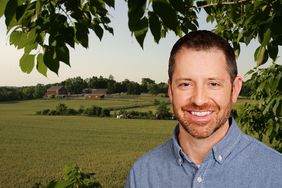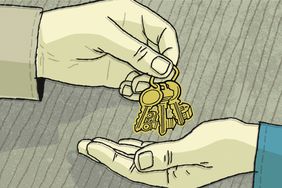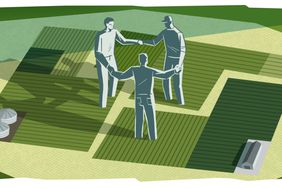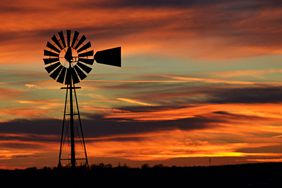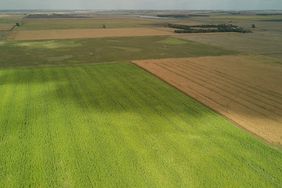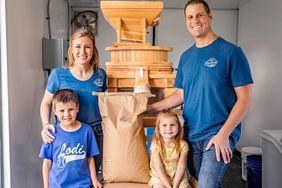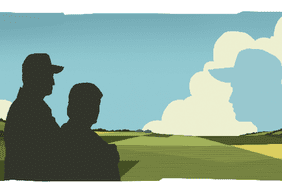:max_bytes(150000):strip_icc()/7018563CTPBS-9fa33cbca8bd4c4eab106868573770c1.jpg)
Illustration by Matt Wood
Problem:
After years of farming, we finally got out of debt 10 years ago. This feels very good because we have so many up-and-down stories of getting into and getting out of debt. We are in our mid-60s and really don’t think we will be borrowing money again in our lives to purchase more assets.
We are proud of all of our children. We have a farming heir who is renting our farm and desiring to buy some additional land, and we recognize how tough that is.
Our parents helped us when we were getting started and it was very appreciated. Now we are debating about allowing our son to use our paid-for land as collateral. Is that a good idea?
Solution:
The next generation is going to need several things to get started, and both cash and collateral are going to be the limiting factors for many because often they have neither. I sometimes call collateral the “lost asset.”
I will try to answer your question knowing this is sometimes a slippery slope when combining family and finances. Financial agreements between family members come with plenty of warnings because of real examples that do not end well. For now, I will categorize my answers as a yes, no, or maybe.
Yes
Let’s start with the “yes.” If you have a responsible child who has demonstrated the ability and integrity to repay and do the right thing, it can be a great decision to allow use of your land as collateral. Lenders will be willing to jump right in if collateral is available. Make sure there is a clear and feasible game plan that mathematically outlines repayment of the loan while using your collateral.
Also be clear on expectations and consequences if things do not work out. If you withhold the use of your land as collateral, I would almost start to view your land as a wasted asset that could stall the growth of your operation for the next generation.
No
Now let’s go to the “no” answer. If you have already seen warning signs that your child lacks the ability or integrity to repay a loan, then that is a serious red flag. Also, if your child views you as the backstop and wouldn’t be bothered by a loan failure, then I would have a hard time allowing use of your land as collateral. If the child has marital problems, there better be some very clear and defined documents protecting your assets.
I would also strongly advise against the use of collateral until the child’s position in your operation has been established. If they’re right out of college or school, they may not be ready for or understand the gravity of an agreement like this.
Maybe
So what about the “maybe” category? Sometimes the question comes up that if you allow one child to use your assets as collateral, will you allow other children to use your assets as collateral? What if another child hears about you allowing their sibling to use your land as collateral to buy more land and now they want to use your land as collateral for a condo in Cancún? Are you going to allow that? Are you going to set limits for the number of parcels that can be used? Will it be limited to one parcel, or two, or three? Where will the use of collateral stop?
I think allowing children the use of your collateral to expand the farm is going to be a game changer as long as they are responsible and there is a clear financial plan that works for them to repay. If not, then “no” or “maybe” would be a better answer.
Myron Friesen is co-owner of Farm Financial Strategies in Osage, Iowa. Over the past 23 years, he has worked exclusively with farm families across the Midwest to develop farm transition strategies. Friesen grew up on a Mountain Lake, Minnesota, farm. He owns and operates a 1,700-acre crop and livestock farm with his wife and four children. friesen@farmestate.com
